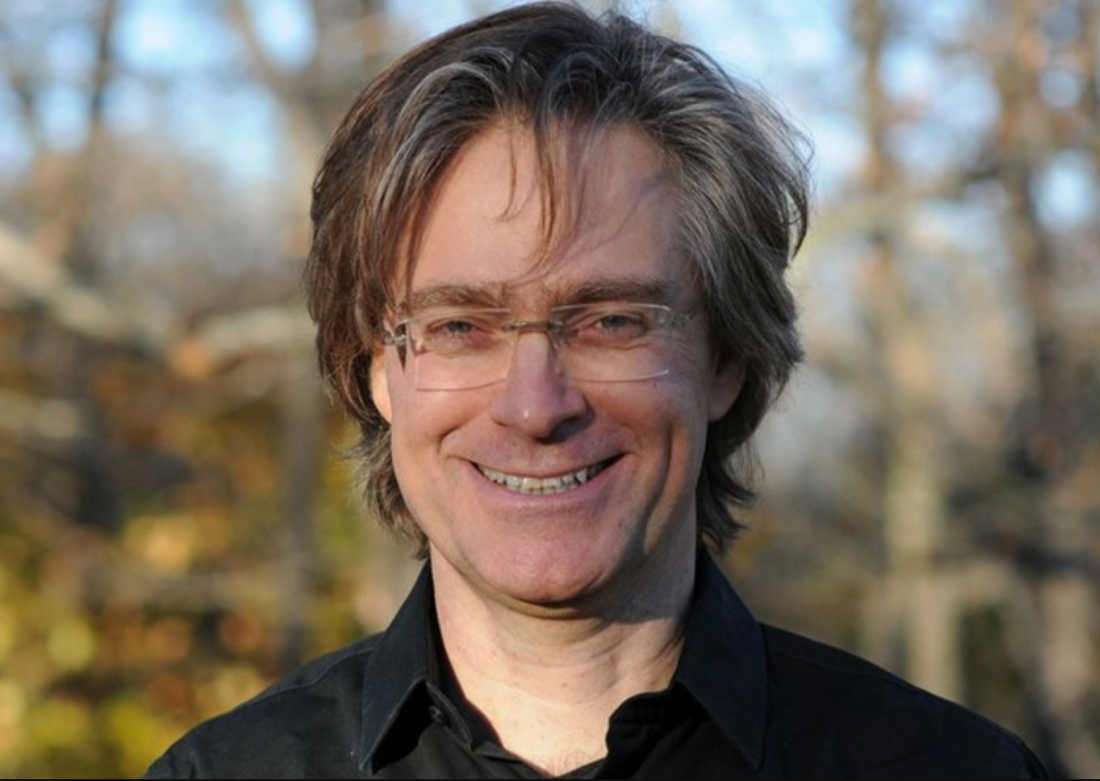
Evolutionary Funeral: The Blessings Of The Father Pt 2 w/ Dr. Marc Gafni
Watch Part 1 Here- My Dad Died: The Blessings Of The Father Pt 1 w/ Dr. Marc Gafni
On Saturday March 25, I discovered that my dad had died. As the intimate universe would have it, the tender and powerful @marcgafni (a Rabbi turned cosmo-erotic humanist mystic) was with me when my father was discovered.
This podcast takes place after 7 days of sitting “shiva house” in mourning and celebration of the passing of my dad, culminating in an unbelievably powerful ceremony on the 8th day. We are exhausted, and still utterly in awe. These days have been some of the most magical, miraculous, painful, and beautiful days of my life. This podcast series may be the most important and vulnerable thing I have ever offered yet. It’s what Michael Phillips Marcus would have wanted.
Ultimately the purpose of this podcast series is to open source a new technology for transitioning a loved one. In the days since the burial I have had many dream visitations by my father… I know what we did here together worked.
I love you all very much 🤍
Rest In Purpose MPM 👑